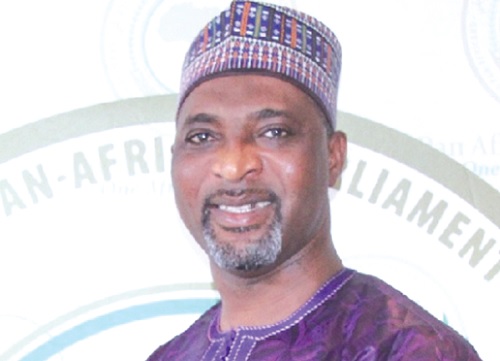The conflict in Bawku is not a new one.
It is rooted in a historical dispute between the Mamprusi and Kusaasi ethnic groups over who has the rightful claim to the title of Bawku Naba or chief of Bawku.
This issue has been simmering since independence in 1957 and has, over the years, resulted in intermittent violence, displacement and deep mistrust between the two communities.
Many peace efforts have been made in the past, with various traditional and government leaders stepping in to calm tensions. But the resurgence of violence, especially involving schools and young people, underscores how fragile those peace accords are and how quickly they can unravel without sustained dialogue and genuine reconciliation.
Respect
At the heart of these matters lies a common problem: the erosion of respect for traditional mechanisms of conflict resolution. Ghana’s chieftaincy system, while deeply rooted in heritage, operates within a modern democratic state guided by constitutional law.
When disagreements among chiefs are taken to the public arena instead of being resolved through established institutions and private dialogue, it undermines the entire system.
It also sends a dangerous message to communities that violence or public confrontation might be acceptable ways to settle disputes.
These are not isolated events. History has shown how chieftaincy disagreements, if left unresolved, can spiral out of control. In 2002, the tragic murder of Yaa Naa Yakubu Andani II in Dagbon led to nearly two decades of division and unrest in the Northern Region.
That conflict resulted in numerous deaths, the displacement of families and long-term political tension until a peace accord was finally reached in 2019.
Similarly, recent violence near Gbimsi and Walewale in 2024, tied to Bawku-related tensions, left at least eight people dead and disrupted travel, security and even political campaigning in the region.
Such violence does not just affect those directly involved. It pulls scarce government resources into military deployments, affects school attendance and education, disrupts local economies and breeds fear and mistrust between neighbours.
Youth in these regions, already battling unemployment and poverty, may be lured into taking sides or even arming themselves.
This deepens divisions and creates cycles of conflict that are harder to break.
Role
However, this is not the time for despair. Ghana faced similar challenges before and overcame them through leadership, unity and respect for both tradition and the law.
To move forward, the National House of Chiefs must play a more active and visible role in resolving high-profile disputes.
Their authority, rooted in tradition and respected across regions, gives them the unique ability to guide chiefs back to dialogue and mutual understanding.
In the case of Bawku, traditional leaders from both sides must be encouraged to return to the peace table, with the support of civil society, religious institutions and neutral mediators.
Local youth groups, schools and community leaders should be engaged in peace education, reminding young people of the power of unity and the cost of division.
National campaigns using local radio, religious sermons and school curricula can help spread this message.
The government, for its part, must ensure that justice is served in all cases of violence.
At the same time, authorities must be careful not to over-militarise conflict zones, as this can alienate residents and lead to further resentment.
Any action taken must aim at long-term peacebuilding, not just short-term order.
The people of Ghana need reassurance.
They need to hear, clearly and consistently, that their leaders, traditional and political alike, are working not to divide, but to unite.
In times of uncertainty, it is natural for people to feel afraid. But history shows that Ghanaians are resilient and their love for peace has always triumphed over division.
With honesty, humility and commitment, the country can navigate these challenges and emerge stronger.
The fabric of Ghana’s peace may be under strain, but it is not torn. It is in everyone’s hands to mend it together.

